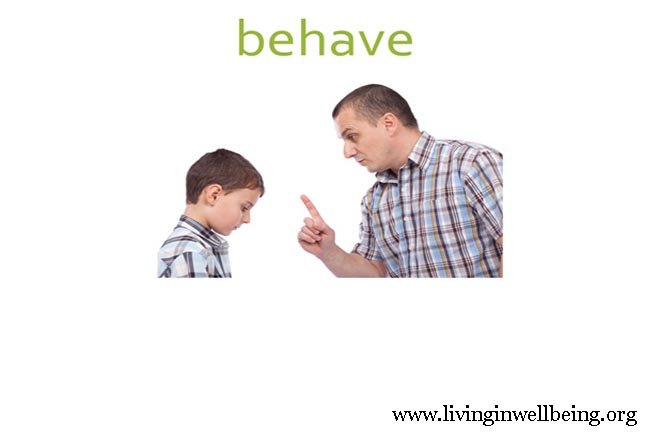
A healthy, safe environment in a preschool can facilitate children's needs by developing the necessary skills to develop their social and behavioral milestones. Ordinary pre-school activities offer opportunities for this e.g. taking turns, sharing, politeness, and making choices.
Developing self-discipline in preschoolers can be achieved by: %u2022 Instead of praising the child, praise the behavior %u2022 A child's self-esteem should be nurtured and encouraged %u2022 Take into account a child's age and stage of development when setting limits %u2022 Help children to learn and understand boundaries by using play and games with rules %u2022 Children will imitate adult behavior so lead by example %u2022 Do not isolate or humiliate a child %u2022 When you say 'No'!mean it. Consistency is key. %u2022 Make sure your expectations and rules of behavior are clear %u2022 Always reward good behavior Day care workers should use these positive methods of discipline which will in turn encourage self-control, self-direction, self-esteem, and cooperation. It is not, nor never should be acceptable to use the following as a means of correction: %u2022 Hitting, shaking, biting or any other physical restraint %u2022 Mental or emotional punishment such as humiliating, isolating or threatening a child %u2022 Depriving a child of meals or snacks Have a range of strategies for dealing with behavior which falls short of expectations i.e. temper tantrums and bullying. Effective tried and tested methods include: %u2022 Distracting or removing the child from the environment %u2022 Explaining why this behavior is not acceptable %u2022 Giving the child the chance to calm down and regain control The range of approaches mentioned would apply when dealing with the unpleasant behavior that is 'biting' - this being deemed pretty difficult behavior also. Children who display challenging behavior should have, with the involvement of parents and carers, a work plan developed specifically for them. When appropriate, parents should be involved, informed, and supported to follow these work plans at home. Sometimes it is necessary to seek additional support in the form of outside specialists. This is not a negative thing and should be supported by parents and providers as a positive way forward.
The childcare worker should be supported to work on a one-to-one basis with a child who may be biting or displaying other challenging behavior over an agreed period of time. The aim is that the carer would attempt to extend the child's interests by specifically engaging them in activities thus avoiding difficult behaviors. Difficult and challenging behaviors, both in adults and children, respond positively to calm, constructive, consistent actions. Calm, constructive, consistent actions are essentially the most effective method of counteracting challenging behavior. Be patient, be vigilant, stick to your guns and you will be out!












